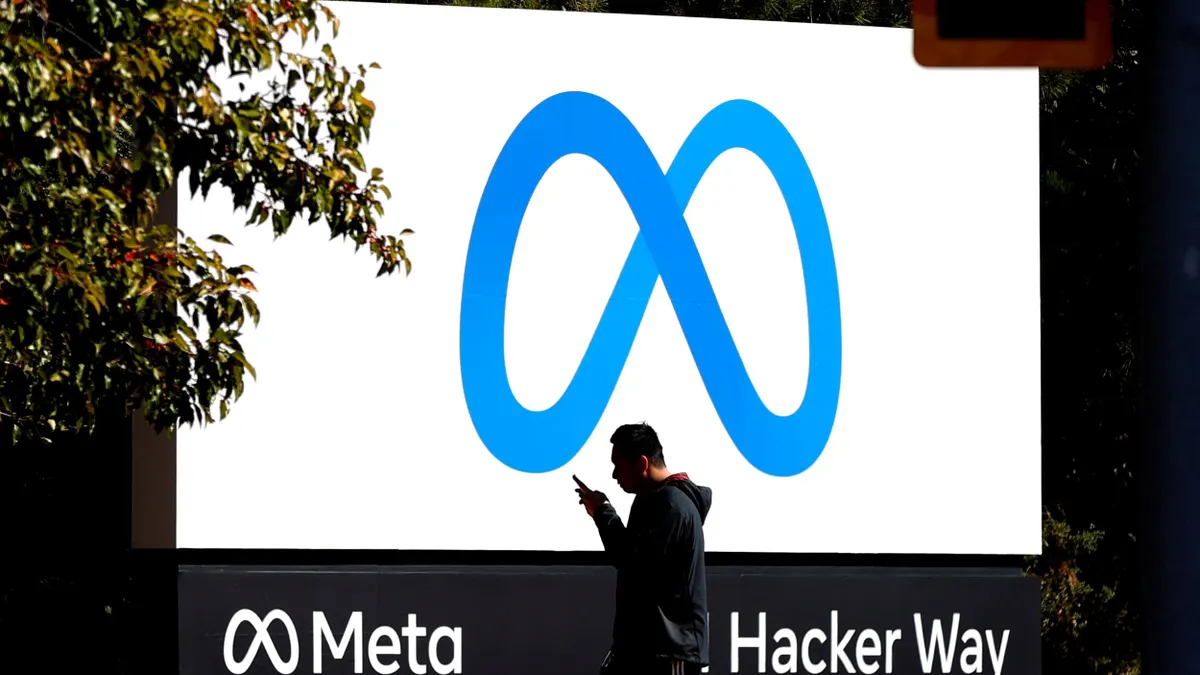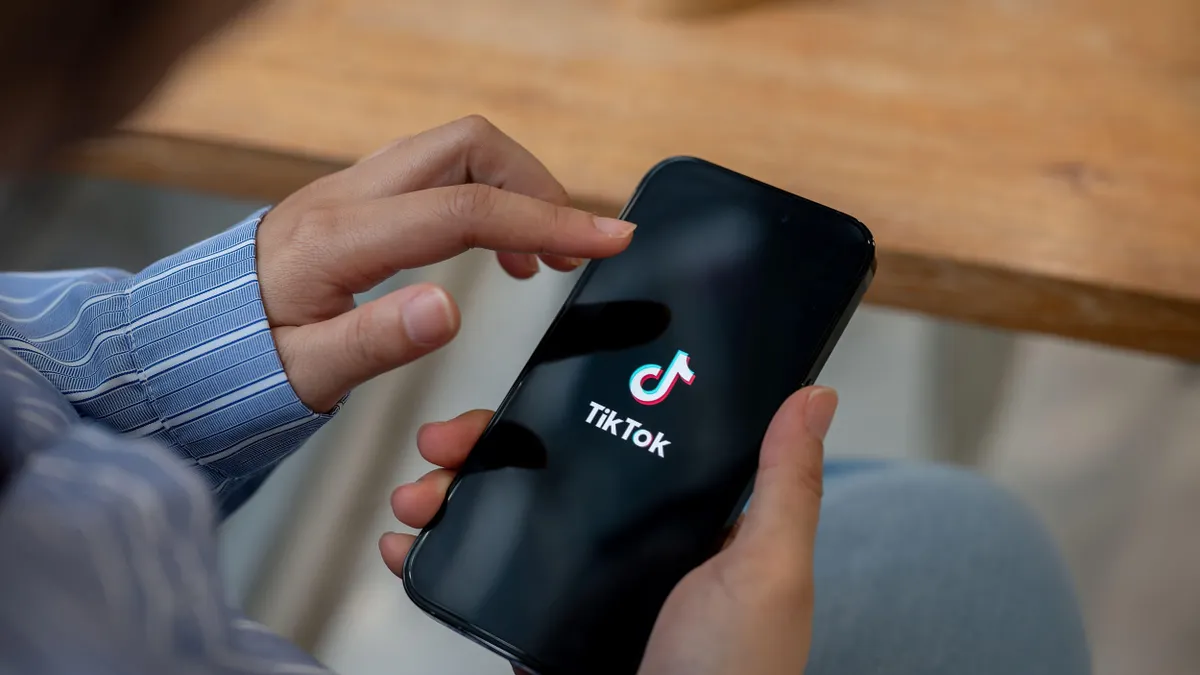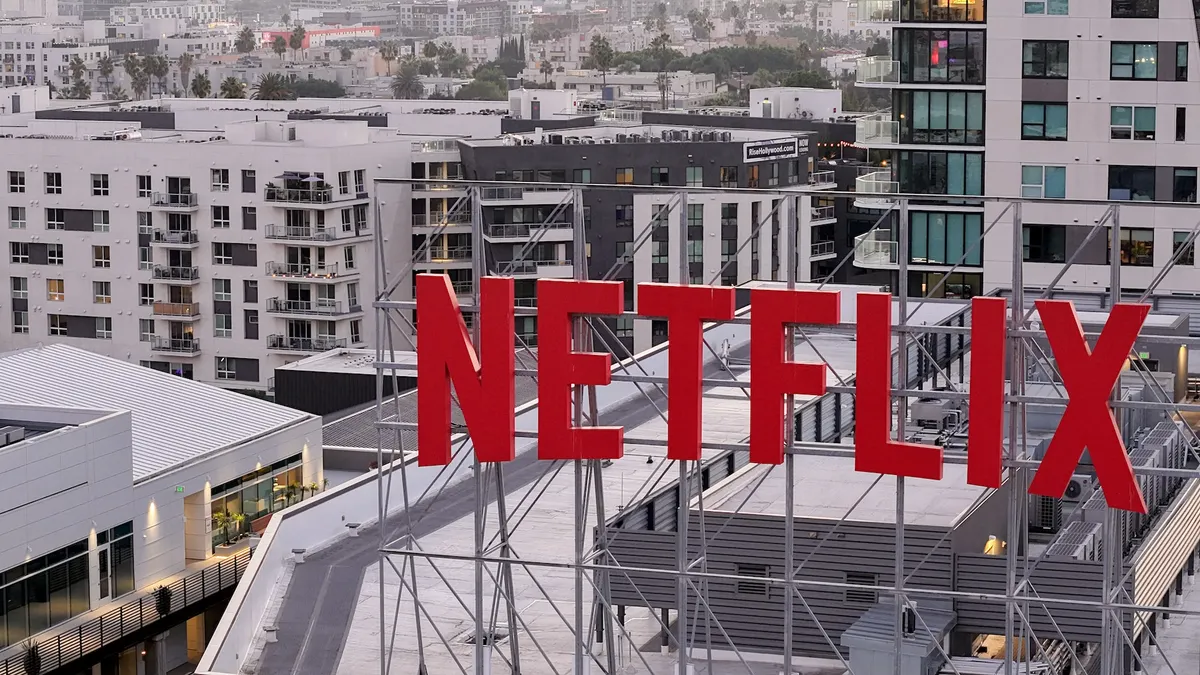Marketing has always been a blend of art and science.
Right now, science is clearly on top. Data-driven marketing powered by new marketing and advertising technologies has become a growing focus for marketers. But that goes against the traditional creative bent of the marketing world and poses a new challenge for CMOs: Who do you hire — marketers or technologists?
A survey released by The Creative Group in June 2016 found that about 41% of marketing and advertising executives say they find it "somewhat" or "very challenging" to find skilled professional talent in today's marketplace. The most in-demand marketing specialties today are content marketing, brand/product management, digital marketing and web design/production.
“What we’re seeing now is that some of the skills that were important in marketing 10 or 20 years ago are becoming less relevant," Phil Hollrah, VP of product marketing at account-based marketing platform provider Demandbase, told Marketing Dive.
“At the same time, ‘data-driven’ has become a buzzword and some people are losing sight of the fact that good marketing still requires strategic insight and understanding," he said. "The industry is changing so fast that people are scrambling to jump to the next big thing, and as a result, some skills are being overlooked. Great marketers need to be multi-taskers, capable of blending technology with strategy.”
Technology has impacted the skills that marketers need to have, but "it really comes down to general intelligence and adaptability," Hollrah said. "Marketers have always needed to respond quickly to the evolution of their environments. In today’s world, that means taking advantage of tools that help with things like scale and measurement; in tomorrow’s world, who knows.”
Technology challenges
One challenge facing CMOs today is their increasing role in buying technology for their companies. Several years ago, Gartner research predicted that CMOs will be spending more on technology than CIOs by 2017. That may have already come to pass.
“CMOs are absolutely purchasing more technology than ever before — in fact, the average marketer has 17 technologies in their stack,” Hollrah said. “However, this doesn’t mean there’s not a place for traditional marketing skills. CMOs are looking for people who are able to take their skills and apply them in new ways. In some cases, it’s helpful to have a designated operations person or technology owner, but ultimately strategy still needs to drive technology usage.”
Some CMOs are now hiring for people who have deep knowledge of specific software packages, instead of general knowledge of things like email automation, in an effort to scale the use of those specific software installations.
“For example, a CMO or head of demand gen might look to hire an Eloqua expert, rather than a marketing automation expert," he said.
So how should marketers balance the scientific and artistic parts of their roles?
Marketers still need creative skills
Despite the growing importance of quantitative skills for marketing roles, it's important to remember that creative skills are still a big piece of the puzzle for marketers.
“A great example of this is A/B testing, using technology to iterate and optimize creative efforts. You still need develop the right creative and message, but technology can make sure your efforts are resonating with your audience,” Hollrah said. “Technology also helps us understand what channels to use for different messages and how to approach each phase of the buyer’s journey. It’s easy to forget that technology is giving us more opportunities to be creative.”
Today, marketers need to understand a wide variety of social media and messaging channels, create “great” video content, and leverage the technology to distribute all that creative as well as measure it, he said.
But the creative side does have its say in the process.
"There will always be value in creative because without it, you don’t have any campaigns to measure," Hollrah said. "The real issue lies in how decisions get made and who has the authority. When we talk about the ‘creative side of marketing,’ we think of the world of Mad Men where the creatives were superstars and everyone was identified a genius based on gut instincts.”
“We still need brilliant creative people today as much as we did then," he added. "However, now there is demand for those willing to test and measure their ideas with concrete data. Individuals have to be willing to shape their ideas to fit proven models, channels and messages, and recognize that their success will be defined by what the data says.”
Why data can't live without creative, and vice-versa
The key to blending the creative and data-driven aspects of marketing roles is to understand the metrics that are most useful for measuring creative work, according to Hollrah.
“For example, a report that reveals the best title is different than the one that identifies the most successful channel," he said. "Building and leveraging these reports requires understanding how creative assets function within marketing programs.”
Neither aspect exists in isolation: Data can uncover how well creative is resonating, but the creative is still what delivers the marketing message.
The contradiction is that the two functions are often separated in many companies, Hollrah pointed out. Different people, probably in different departments, are both responsible for measuring the success of marketing efforts. Hollrah recommends a strategy that can “tie all this together and help all individual stakeholders understand their piece of the larger goal.”
He sees value in having a team member in place to manage technology, and putting together a team that gets the strategic and creative aspects of the discipline.
Technology is now very much become a marketing challenge — not one that's siloed to a technology department.
“I’ve talked to many marketers who struggle with understanding which technologies they have, which they are missing and which they should prioritize in order to build an effective marketing tech stack," he said. "If I were to add one more trait to the wish list for a ‘perfect’ marketer, it would be the ability to evaluate, select and roll out a new technology."
His advice to CMOs? Look for smart people who are willing to learn, innovate and collaborate because data and creative need to work with each other to achieve marketing success.




















